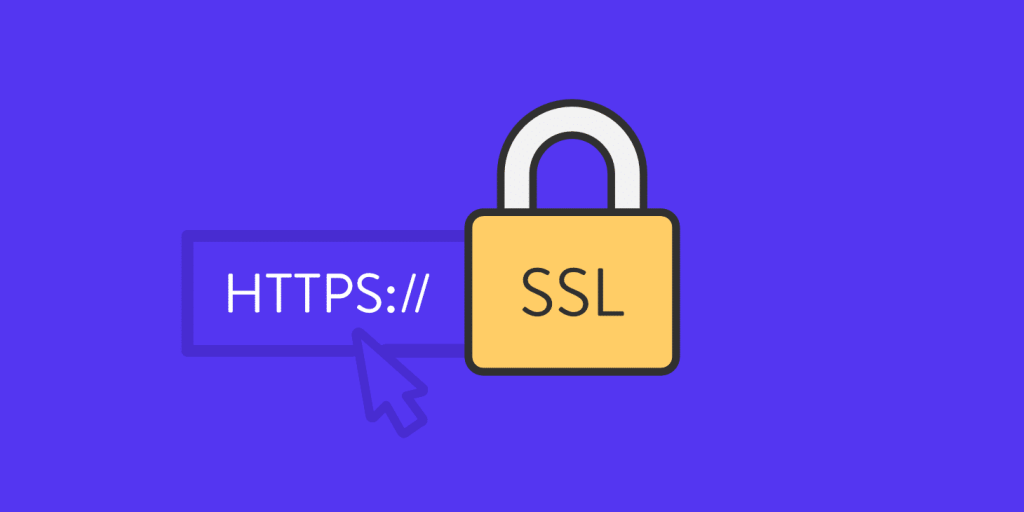SSL CERTIFICATE
SSL is the backbone of our secure Internet. It protects your sensitive information as it travels across the world’s computer networks. SSL is essential for protecting your website, even if it doesn’t handle sensitive information like credit cards.It provides privacy, critical security and data integrity for both your websites and your users’ personal information.
SSL is the backbone of our secure Internet, and it protects your sensitive information as it travels across the world’s computer networks. It is essential for protecting your website, even if it doesn’t handle sensitive information like credit cards.It provides privacy, critical security and data integrity for both your websites and your users’ personal information.
Why do you need an SSL certificate?
An SSL certificate ensures that the provider is who they claim to be and also shows secure connections between personal devices and websites. Understanding SSL certificates is important for website trust and to help protect customers from becoming a victim to scammers. It’s smart to keep in mind that not all websites, or SSL certificates, are created equal.
An SSL certificate helps secure information such as
- Login credentials
- Credit card transactions or bank account information
- Personally identifiable information, such as full name, address, date of birth, or telephone number
- Proprietary information
- Legal documents and contracts
- Medical records
What are the different types of SSL certificates?
Website owners purchase SSL certificates through Certification Authorities. CAs are trusted entities that manage and issue security certificates and public keys. They are used for communication in a public network.
There are three different types of SSL certificates. Each provides a different level of security. The levels of security differ greatly among the certificates. Therefore, it is important to understand what kind of SSL certificate a site is using when performing a financial transaction or doing anything involving personal user data.
⦁ Domain validated (DV)
DV certificates only verify who owns the site. It’s a simple process where the CA will email to the website’s registered email address in order to verify its identity. It requires no information about the company. Be aware that DV certificates have the lowest level of trust and are commonly used by cybercriminals. This is because they are easy to obtain and can make a website appear more secure than it is.
⦁ Organizationally validated (OV)
To receive an OV certificate, a CA must validate certain information, including the organization, physical location, and its website’s domain name. This process typically takes a couple of days. OV certificates have a moderate level of trust. It also are a good option for public-facing websites that deal with less sensitive transactions.
⦁ Extended validation (EV)
This type of certificate is a must-have for websites that handle sensitive information. It has the highest level of security5 and is the easiest to identify. In order to issue an EV certificate, the CA performs an enhanced review of the applicant to increase the level of confidence in the business. The review process includes an examination of corporate documents, confirmation of applicant identity, and checking the information with a third-party database. Users can know if a website holds an EV certificate if the browser’s URL bar contains a padlock and the company name is list in green.




